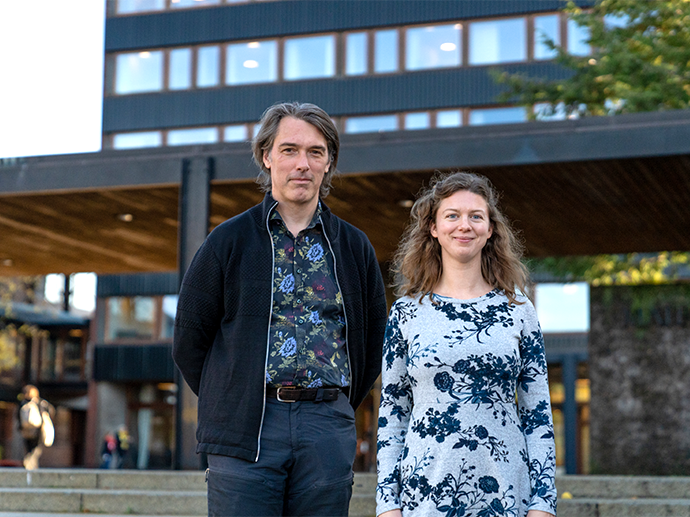Social science is a subject that emphasises knowledge, skills and values that contribute to equipping students to take an active part in society.
Researchers Nora E. H. Mathé and Anders Stig Christensen have been studying lower secondary social science classrooms in Norway and Demark to examine what kinds of ‘higher order thinking’ is encouraged. Their recent paper is published in Sammenlignende Fagdidaktik.
What is ‘higher order thinking?’
Higher order thinking is the cognitive process of applying knowledge in the analysis and evaluation of complex problems, as opposed to simply recalling knowledge and applying it in route or routine tasks. It is considered an important element in learning.
For this study, the researchers selected cases where cognitively demanding tasks were carried out in the classroom in order to examine the potential relationships between knowledge and cognitive processes.
They argue that there is a meaningful difference between ‘knowledge’ and ‘process’ that is often unaccounted for in research on social science teaching.
A new model for understanding cognition and knowledge
“For this study we developed a two-dimensional model to capture both the knowledge that students are utilizing and the cognitive process they are engaging in,” says Mathé.
Previous models that have been used to study social science education have not made this distinction, but Christensen and Mathé argue that it is helpful when analysing social science teaching.

“We have seen that even if the task presented is on a high level — for example, open-ended and giving the students room for evaluating an issue — the teacher may not follow this up by challenging the ideas of the students or requiring them to justify their stances or arguments,” says Christensen.
Simple tasks can be performed on complex knowledge, and cognitively demanding tasks can be performed without complex knowledge.
It seems to be challenging to combine a focus on complex knowledge and intellectually challenging thinking processes.
Christensen & Mathé found examples of cognitively demanding tasks related to a variety of topics. Examples include sociological knowledge, economic issues, politics on the local, national and European levels, as well as global security policy, the welfare state and demographic development.
Difficult trade-offs for social science teaching
The findings suggest that a trade-off often occurs between students forming and defending an opinion – ‘taking a stand’ – and engaging with higher order knowledge.
“Obviously we want students to be capable of forming stand points on the basis on a sound knowledge and understanding of the subjects they are dealing with” says Mathé “but it’s not easy to strike the right balance when you try to teach this.”
The role of teacher education
Christensen and Mathé’s paper concludes with an argument that can be seen in a number of other QUINT studies;
“For teaching and teacher education, an enhanced and more targeted focus on teaching strategies that foster higher order thinking is necessary, as well as an understanding of when to engage in lower order thinking and rote and recall activities in social science.”
The paper, available here, is part of the Quality in Social Science Teaching (QUISST) project, which examines the quality of social science teaching in the Nordic countries. The study draws on video data gathered as part of the LISA-Nordic project.
Reference:
Christensen, A. S. og Mathé, N.E.H. (2023). Higher order thinking in social science education -an empirical study with classroom observations from Denmark and Norway. I Christensen, T.S.; Hobel, P.; Niss, M. og Rørbeck,H. (red.). Sammenlignende Fagdidaktik 7, side 11-36. https://tidsskrift.dk/sammenlignendefagdidaktik
